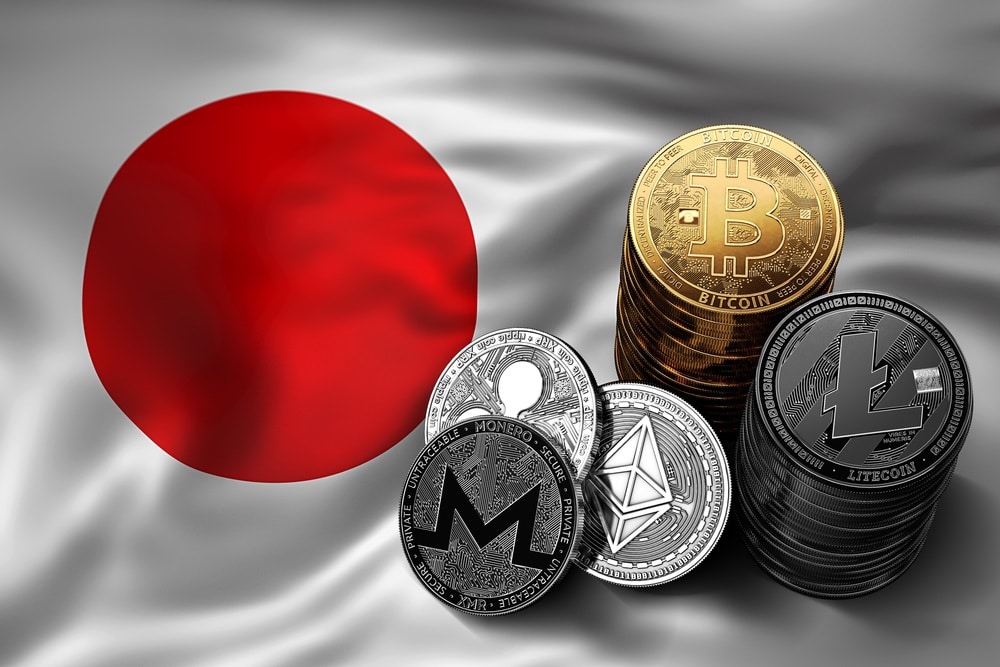International markets are embracing cryptocurrency ETFs, but Japanese regulators are taking their time approving them. What could be causing them to hesitate?
Despite the progress of international markets such as the U.S., Australia, and Hong Kong, a recent report suggests that Japan needs to be more active in approving cryptocurrency-based exchange-traded funds (ETFs).
Regulators are still wary despite the country’s aspirations to be a leader in cryptocurrency, primarily because of persistent worries about taxes and stringent laws that impede development.
Crypto ETFs Are Less Attractive in Japan Due to the 55% Tax on Digital Asset Gains.
Profits from investments in digital assets are subject to a 55% tax rate in Japan since they are categorized as miscellaneous income.
This starkly contrasts regular ETFs, which are subject to a capital gains tax of about 20%.
Since the high tax burden on cryptocurrency revenues deters potential investment compared to more conventional avenues, the discrepancy in tax treatment has alarmed investors and proponents of crypto ETFs.
The regulatory environment in the country, which currently forbids the inclusion of cryptocurrency assets in investment trusts, including exchange-traded funds (ETFs), further complicates these issues.
Attempts to introduce crypto ETFs into the mainstream are made more difficult by this regulatory obstacle.
There has yet to be much progress on significant reforms like the approval of spot crypto ETFs, despite some communication this year between the Ministry of Finance and the Financial Services Agency (FSA) indicating a readiness to talk about crypto regulation.
Japan Is Falling Behind Other Countries in Adopting Crypto ETFs
Countries like the U.S., Australia, and Hong Kong are advancing with crypto ETFs and experiencing growing popularity, whereas Japanese regulators are still hesitant.
Investors recently contributed $329 million to BlackRock’s iShares Bitcoin Trust in the United States, highlighting the industry’s rising demand and significant inflows.
Some conventional asset managers are getting ready to introduce cryptocurrency exchange-traded funds (ETFs) in Japan if the legal landscape changes, despite the cautious approach taken by Japanese authorities.
For instance, Franklin Templeton and SBI Holdings, a Japanese financial services company, have joined forces to form a new joint venture focused on digital assets.
In anticipation of a more advantageous legal environment, this partnership aims to create cutting-edge products, such as cryptocurrency exchange-traded funds (ETFs).
Tamaki Advocates for Crypto ETF Approval with Proposal for Tax Cut
As part of his campaign for the October 27 general election in the country, Yuichiro Tamaki, the head of the Democratic Party for the People (DPP), is advocating for changes to the taxation of cryptocurrencies.
To bring the tax rate on cryptocurrency assets into line with that on conventional investments, Tamaki has suggested lowering it to 20%.
He thinks this shift is essential to establish Japan as a competitive force in the global Web3 market.
The long-awaited legalization of crypto ETFs and other significant improvements in Japan’s cryptocurrency business could be made possible by Tamaki’s planned tax cuts and regulatory reforms, should he win the election.
If his plans are implemented, Japan might become a significant Bitcoin investment hub, encouraging competition and innovation in the digital asset market.
